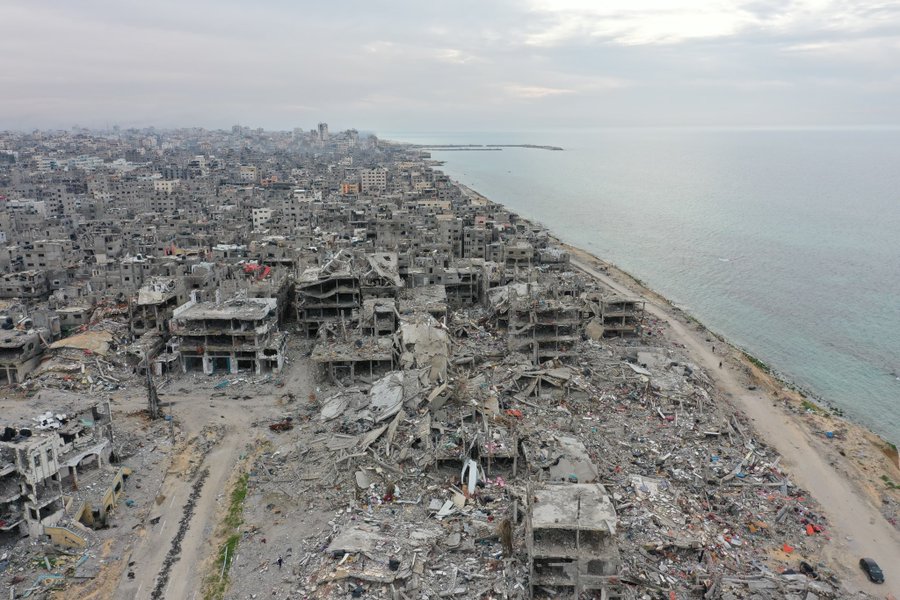What Is Rare? Effects of Unsafe Drinking Water on Health
Water is complex. This colorless and transparent liquid which I call a fundamental necessity and a human right are linked to almost everything in the world. But complexity should not prevent anyone from understanding it.
Research tells us that lack of access to water and sanitation locks women in a cycle of poverty. Absence or improperly managed water and sanitation services expose people to health risks. In communities I work in, I’ve witnessed families who contracted cholera and diarrhea. When water, sanitation, and hygiene services are lacking, you will be surprised what rarest health conditions you run into. If drinking water contains unsafe levels of contaminants, it can cause health effects such as gastrointestinal illnesses and chronic diseases.
What makes water unsafe for consumption? Sources of contaminants like poor land-use practices, unmanaged sewers, and those resulting from organic chemicals are culprits.
A few people we support talk about rare or incurable diseases caused by unsafe water. They have a hard time describing these diseases. They keep saying it’s never been heard of, and the doctors say there’s no cure. Therefore, I conducted my research on rare diseases caused by unsafe water and discovered some fascinating information. I found that Legionnaires’ disease is a lung infection you can get from inhaling droplets of water from things like air conditioning or hot tubs. It’s uncommon but critical. You can get Legionnaires’ disease if you breathe in tiny droplets of water containing bacteria that cause the infection. You catch this in places like hotels, hospitals, or offices where the bacteria have got into the water supply – places like spa pools, hot tubs, taps, and showers that are rarely used. However, it is less common to catch at home. As is the custom, you cannot contract it from drinking water that contains bacteria.
I started wondering if there are other unreported diseases. Typically, if the person experiencing the symptom doesn’t talk about it because the disease has never been heard of, no one will ever know about it.
To expand my knowledge on rare diseases, I attended the Rare Disease Week by EveryLife Foundation. So many advances in medicine have been achieved. What is needed is to speed up the approval process and ensure the inclusivity of people with rare diseases. Only just because a disease is rare doesn’t mean it is insignificant. Common or uncommon should enjoy equitable access to resources. The key is the earliest possible diagnosis to prevent damage and suffering of the patient and families. That means diagnosing children and adults accurately and providing the proper treatment.
We can altogether be advocates by amplifying and elevating the voices of rare disease communities. Through my advocacy work with clean water and sanitation, I’m not merely getting women and girls wholesome, but also elevating the voices of those with rare diseases.



